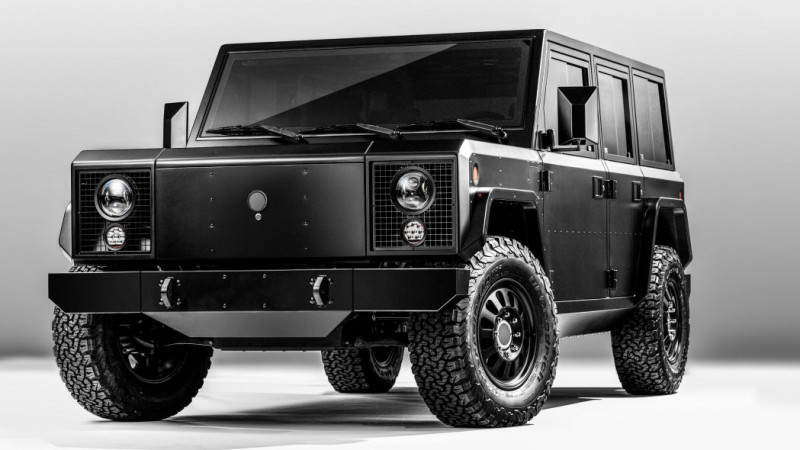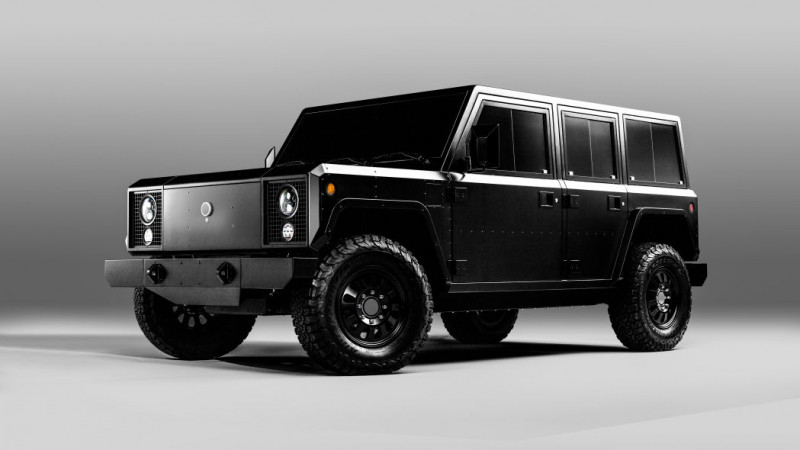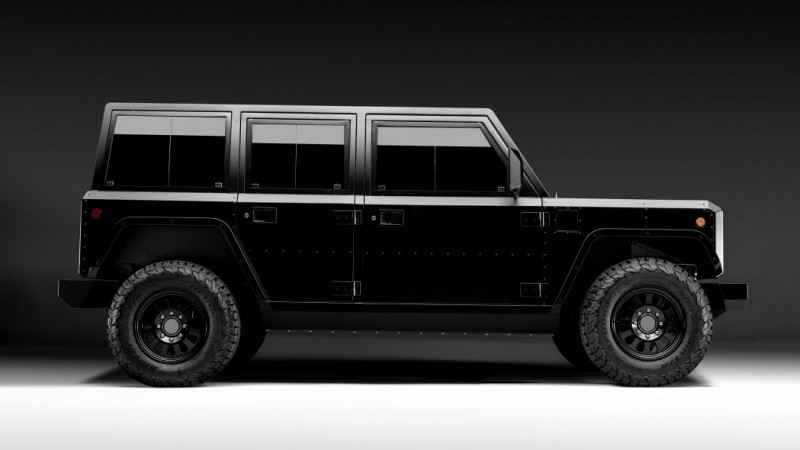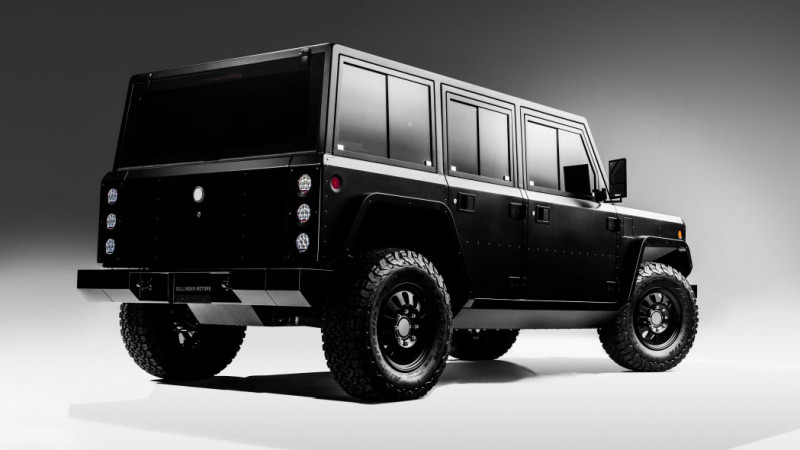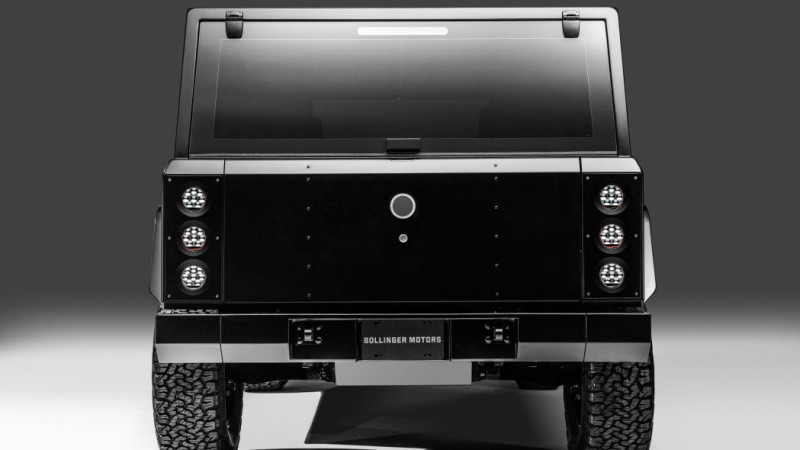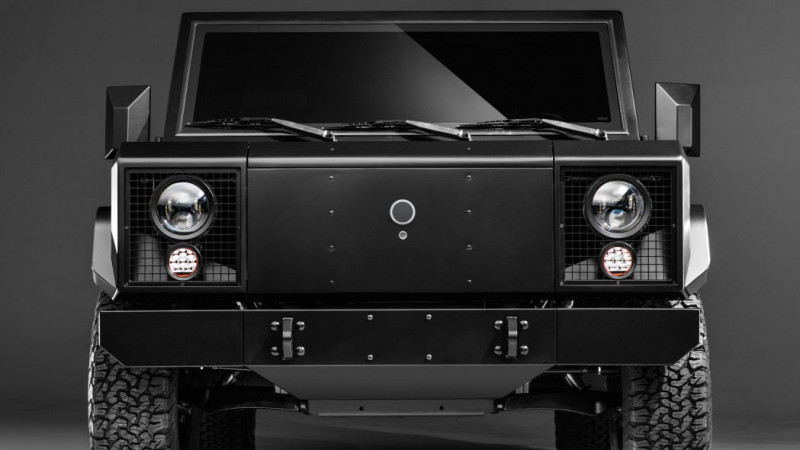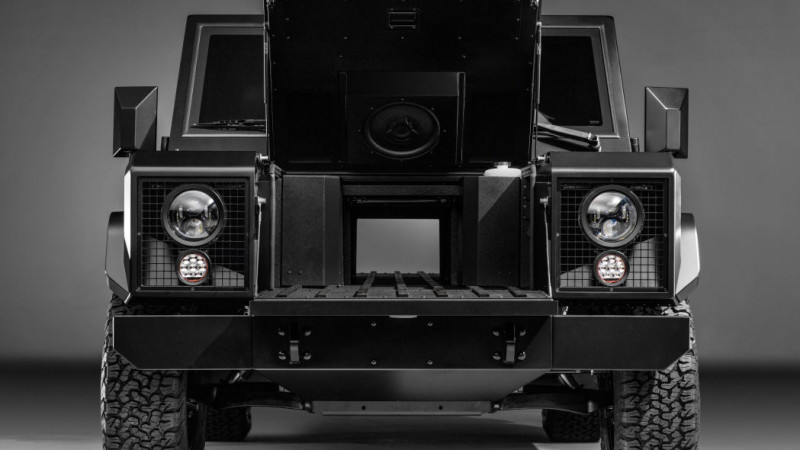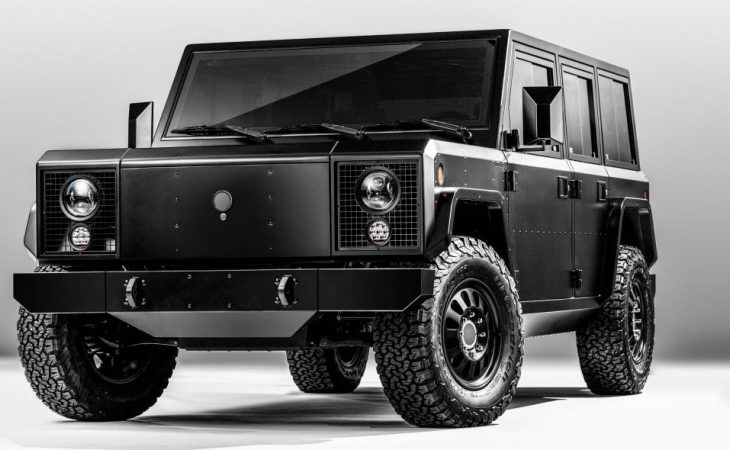Big oil may not like it, but the EV market is on the cusp of an explosion.
The transition to alternative energy in transportation is an essential transition, but the sea change isn’t only a boon for the global ecosystem that just happens to support our civilization. It’s also an opportunity for smaller automakers to get a foot in the door, an opportunity for buyers to enjoy a new spectrum of design sensibilities and industry competition, and an opportunity for an all but vanished U.S. manufacturing market to find itself enjoying a new lease on life, however modestly at the outset.
And so we find Michigan-based Rivian—a company that’s been in existence for a decade, and one that only unveiled production versions of its first two vehicles last year—in the news recently after receiving two huge shots in the arm: a major contract with Amazon, and a $350 million injection of capital from Cox Services, a company that knows a sound investment when it sees it.
As this writer pointed out in a previous article on Rivian, the trick isn’t to enter the market as a direct competitor of Tesla, but to sidestep the necessity of competing with that established giant in the still-nascent EV field by focusing on building trucks, not cars…at least initially. Add to that a grassroots brand persona that finds authenticity in repurposing an old Chicago-area Mitsubishi factory as a manufacturing plant, and you’ve got a recipe for success.
Startup Bollinger Motors is hot on the heels of Rivian, and they, too, are carving out their own slice of the rapidly expanding EV pie. Their B1 and B2 were revealed this week as beta drafts, with production for 2021 anticipated. Like Rivian, the company will build its vehicles in the Rust Belt.
But where Rivian chose to express their SUV and pickup as working people’s do-all vehicles, Bollinger is focusing on spartan, high-performance off-road-ready EVs. The B2—the SUV of the two—presents a period Jeep/Land Rover persona, complete with exposed rivets and rigid geometric lines. The B1 looks even more utilitarian, perhaps a little bit army surplus. But both EVs are power-monsters, boasting better than 600 horsepower and nearly 700 lb-ft of torque; you guessed it, they’re beasts of burden, and can tow upwards of 7,500 pounds.
All of which identifies Bollinger, at this stage anyway, as a specialist automaker, as opposed to Rivian, which has started life as a homegrown EV manufacturer for the daily grind of the hardworking. But we’ll need to wait until Bollinger reveals more about range, tech, and pricing to see where the company sees its aspirations leading it in the next decade.
